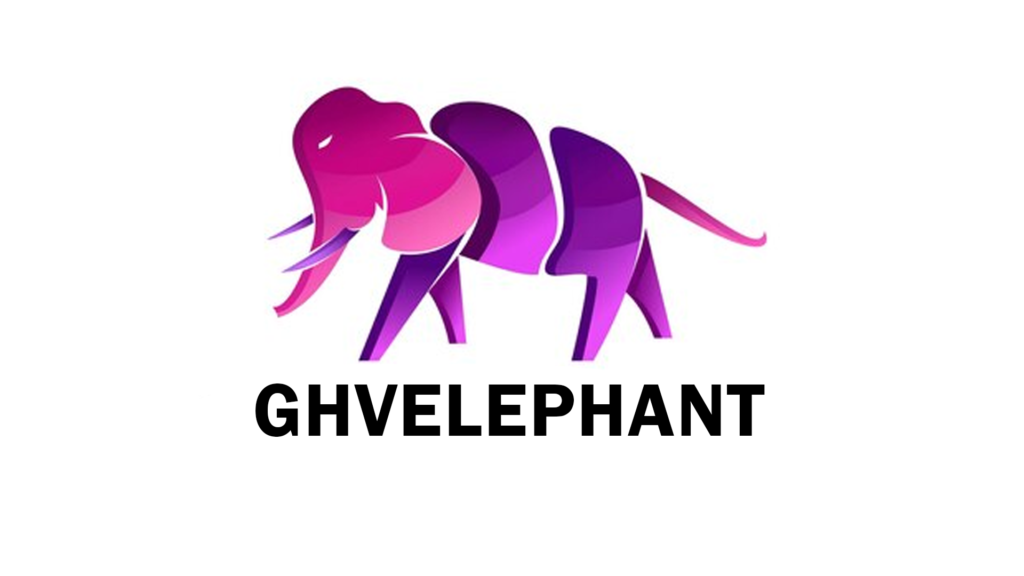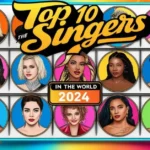Barbara O’Neill, an Australian naturopath, has been at the center of controversy due to her promotion of alternative health practices and claims that diverge from evidence-based medicine. In 2019, the New South Wales Health Care Complaints Commission (HCCC) permanently banned her from providing any health-related services in Australia. This decision stemmed from her dissemination of unproven and potentially dangerous health advice, which critics argue placed vulnerable individuals at risk.
O’Neill’s story is a mix of significant public influence, polarizing opinions, and ongoing scrutiny, as she continues to reach audiences worldwide despite the legal restrictions in her home country.
The Rise of Barbara O’Neill
Barbara O’Neill built her reputation through her work as a naturopath and her ownership of the Misty Mountain Health Retreat. Her teachings emphasized natural remedies, dietary adjustments, and lifestyle changes as keys to optimal health. She gained a loyal following through her seminars, books, and a strong online presence. Platforms such as YouTube, where she shared videos discussing topics like detoxification, plant-based diets, and the dangers of processed foods, expanded her influence globally.
Her approachable teaching style, combined with a focus on holistic health, resonated with individuals searching for alternatives to conventional medicine. However, her advice often included controversial and unproven claims, which eventually brought her practices under legal and ethical scrutiny.
Controversial Practices and Claims
The HCCC investigation into Barbara O’Neill’s work highlighted several practices deemed harmful or misleading. These included:
- Cancer Treatment Alternatives
O’Neill claimed that cancer could be treated with sodium bicarbonate, suggesting that it is a fungal condition. This theory has been discredited by medical experts, who emphasize that evidence-based treatments like chemotherapy and radiation are the safest and most effective options for cancer management. - Anti-Vaccine Advocacy
O’Neill opposed vaccinations, associating them with conditions such as autism and ADHD. Such claims, widely debunked by the scientific community, undermine public health efforts to maintain herd immunity and prevent the spread of infectious diseases. - Infant Nutrition Recommendations
She advised parents to use unpasteurized goat’s milk as a substitute for breast milk or formula. Health professionals strongly discourage this practice due to the risk of bacterial infections and nutritional deficiencies in infants. - Discouragement of Antibiotics
In one instance, O’Neill recommended against antibiotics for Group B streptococcus in pregnant women, potentially putting newborns at serious risk.
These practices, among others, prompted the HCCC to act, citing her as a risk to public safety.
The 2019 Ban
The HCCC’s decision to prohibit Barbara O’Neill from practicing health services was based on repeated violations of medical standards and her lack of formal qualifications. She was found to have no relevant medical or naturopathic degrees, and her advice often contradicted established medical guidelines.
The commission emphasized that O’Neill’s teachings exploited vulnerable individuals, such as cancer patients and young mothers, by providing misleading information that could delay or replace effective medical treatment.
The ban is permanent and applies across all Australian states. Despite this, O’Neill remains active in alternative health circles, primarily through online platforms and international engagements.
Online Influence and Continued Controversy
Barbara O’Neill has leveraged social media to maintain her presence in the wellness industry. Her content, particularly on platforms like YouTube and TikTok, attracts millions of views, demonstrating the widespread appeal of her ideas despite their controversial nature.
O’Neill has also published books, such as Self Heal by Design, which outline her health philosophies. These works continue to generate interest among those skeptical of conventional medicine. Additionally, her Misty Mountain Health Retreat has been rebranded as Misty Mountain Lifestyle Retreat, focusing on wellness education rather than direct health services.
Supporters vs. Critics
Barbara O’Neill’s influence has created a divide between her supporters and critics.
- Supporters
Many of her followers appreciate her emphasis on natural remedies and personal empowerment in health decisions. They argue that her teachings provide valuable insights into maintaining a healthy lifestyle and challenge the perceived overreach of conventional medicine. - Critics
On the other hand, health professionals and skeptics point out the dangers of her unverified claims. They argue that promoting unproven treatments can delay critical medical interventions, leading to adverse outcomes. For example, rejecting vaccines based on her advice could lead to outbreaks of preventable diseases.
This dichotomy highlights the broader debate about the role of alternative medicine in modern healthcare.
Comparison: Evidence-Based Medicine vs. Barbara O’Neill’s Practices
| Aspect | Evidence-Based Medicine | Barbara O’Neill’s Practices |
|---|---|---|
| Cancer Treatment | Chemotherapy, radiation, surgery | Sodium bicarbonate and diet changes |
| Infant Nutrition | Breast milk or scientifically formulated formula | Unpasteurized goat’s milk |
| Vaccination | Recommended to prevent diseases | Opposes, citing unproven risks |
| Antibiotic Use | Prescribed for bacterial infections | Advised against in certain cases |
| Scientific Validation | Rigorous clinical trials and studies | Anecdotal evidence and personal observations |
The Impact of Health Misinformation
The case of Barbara O’Neill underscores the risks associated with health misinformation. Individuals who rely on unverified advice may forgo effective treatments, resulting in preventable complications or worsening of conditions.
Public health authorities face significant challenges in combating misinformation, particularly in the digital age. Social media platforms amplify voices like O’Neill’s, allowing them to reach vast audiences and influence health behaviors. This dynamic underscores the importance of promoting critical thinking and scientific literacy among the public.
Current Status
Barbara O’Neill remains active in the wellness community through her rebranded retreat and digital content. However, she no longer provides health-related services in Australia due to the lifetime ban. Her story serves as a cautionary example of the potential consequences of unregulated health advice.
O’Neill’s ongoing popularity demonstrates the enduring appeal of alternative health narratives, even in the face of legal and professional opposition. Her case highlights the need for clear communication between medical professionals and the public to address concerns and misconceptions about mainstream healthcare.
Moving Forward
The controversy surrounding Barbara O’Neill raises critical questions about the balance between personal health autonomy and the need for regulatory oversight. While individuals have the right to explore alternative health options, it is essential to ensure that such choices are informed by credible evidence.
For those seeking natural remedies or alternative approaches, consulting qualified practitioners and cross-referencing advice with reliable sources can help mitigate risks. The case of Barbara O’Neill serves as a reminder to approach health decisions with caution, prioritizing safety and evidence-based practices.












